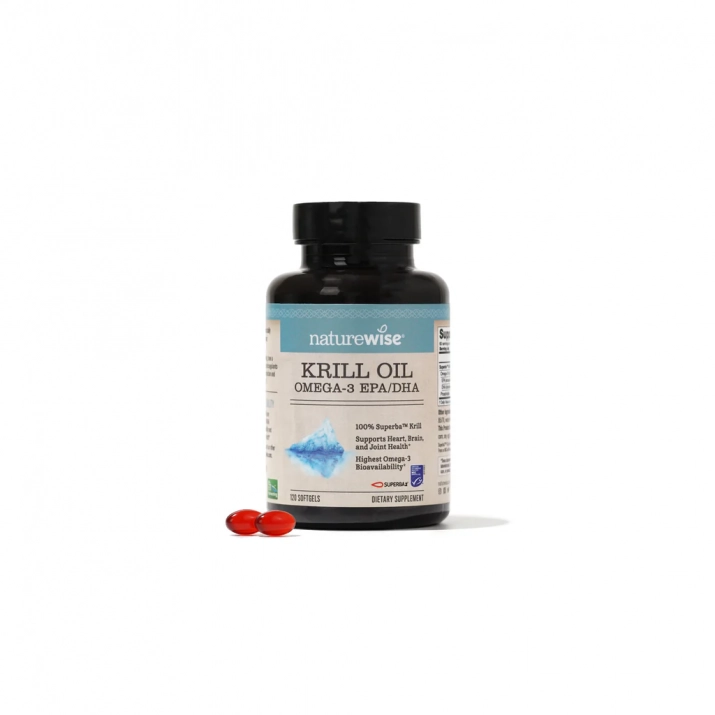Mr. Vit Omega-3: Your Daily Dose of Essential Fatty Acids for Optimal Health
Incorporating Omega 3 fatty acids into your daily routine is a simple yet effective way to enhance your overall health. These essential fatty acids, which include EPA, DHA, and ALA, are crucial for maintaining the health of your heart, brain, and eyes. Omega-3s cannot be produced by the body and must be obtained through diet or supplements, making them a vital component of a healthy lifestyle. Foods rich in omega-3s include fatty fish like salmon and sardines, as well as plant-based sources like flaxseeds. The benefits of omega-3s are vast, ranging from reducing inflammation and improving heart health to supporting brain function and potentially preventing age-related vision loss.
Understanding the Importance of Omega-3s
Omega-3 fatty acids are polyunsaturated fats that play a vital role in various bodily functions. They are essential for the proper functioning of the cardiovascular system, brain, and eyes. Omega-3s help lower triglyceride levels, reduce blood pressure, and prevent blood clots, all of which contribute to a reduced risk of heart disease. Additionally, they support cognitive function and have been linked to improved mental health outcomes, suggesting their potential in managing conditions like depression and anxiety. This underscores the importance of ensuring adequate intake of these essential fatty acids.
Heart Health Benefits of Omega-3s
The heart health benefits of Омега 3 fatty acids are well-documented. They help manage cholesterol, triglyceride, and blood pressure levels, reducing the risk of heart disease and ischemic strokes. Omega-3s also aid in the dilation of blood vessels, improving blood flow and reducing the risk of irregular heartbeats. For individuals with severe hypertriglyceridemia, prescription-grade omega-3 supplements are often recommended as part of the treatment plan. This highlights the significant role omega-3s play in maintaining cardiovascular well-being.
Omega-3s and Brain Health
Omega-3s, particularly DHA, are crucial for brain health and cognitive function. They support the structure and function of brain cells, which can improve memory and concentration. Additionally, omega-3s have been linked to reduced symptoms of depression and anxiety, suggesting their potential in mental health management. During pregnancy and early childhood, omega-3s are essential for brain development, potentially leading to better cognitive abilities and emotional regulation in children. This underscores the importance of omega-3s in maintaining both physical and mental well-being.
Omega-3s in Autoimmune Diseases
Omega-3 fatty acids have shown promise in managing autoimmune diseases. These conditions occur when the immune system mistakenly attacks healthy cells, leading to chronic inflammation and tissue damage. Omega-3s can help modulate the immune response, reducing inflammation and potentially alleviating symptoms in diseases such as rheumatoid arthritis, lupus, and multiple sclerosis. While they may not cure these conditions, omega-3s can be a useful adjunct to traditional treatments, helping to reduce disease activity and improve quality of life.

Incorporating Omega-3s into Your Diet
Incorporating omega-3s into your diet can be straightforward. For those who consume fish, eating fatty fish at least twice a week is recommended. For vegetarians and vegans, flaxseeds, chia seeds, and walnuts are good alternatives, though they provide ALA, which the body must convert into EPA and DHA. Supplements are also an option for those who struggle to get enough omega-3s from their diet. Ensuring adequate intake of these essential fatty acids can significantly enhance overall health and well-being by reducing inflammation and supporting heart, brain, and immune system health.
Conclusion: The Future of Omega-3s in Health
As research continues to uncover the benefits of omega-3 fatty acids, their role in health management is becoming increasingly clear. From reducing inflammation and supporting heart health to aiding in brain function and managing autoimmune diseases, omega-3s are a versatile and essential nutrient. While more studies are needed to fully understand their effects, incorporating omega-3s into your diet is a simple yet effective way to naturally support your overall health and reduce the risk of chronic diseases. With their anti-inflammatory properties and broad health benefits, omega-3s are poised to play a significant role in preventive health strategies for years to come.
